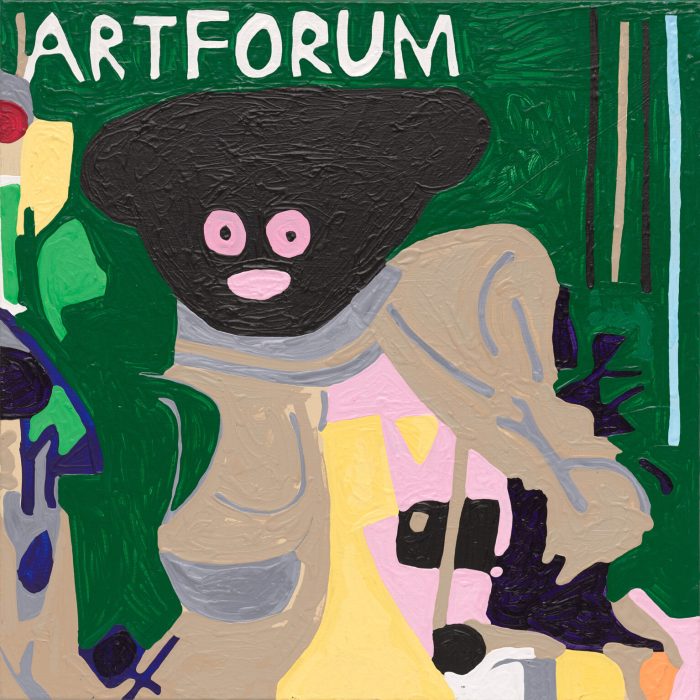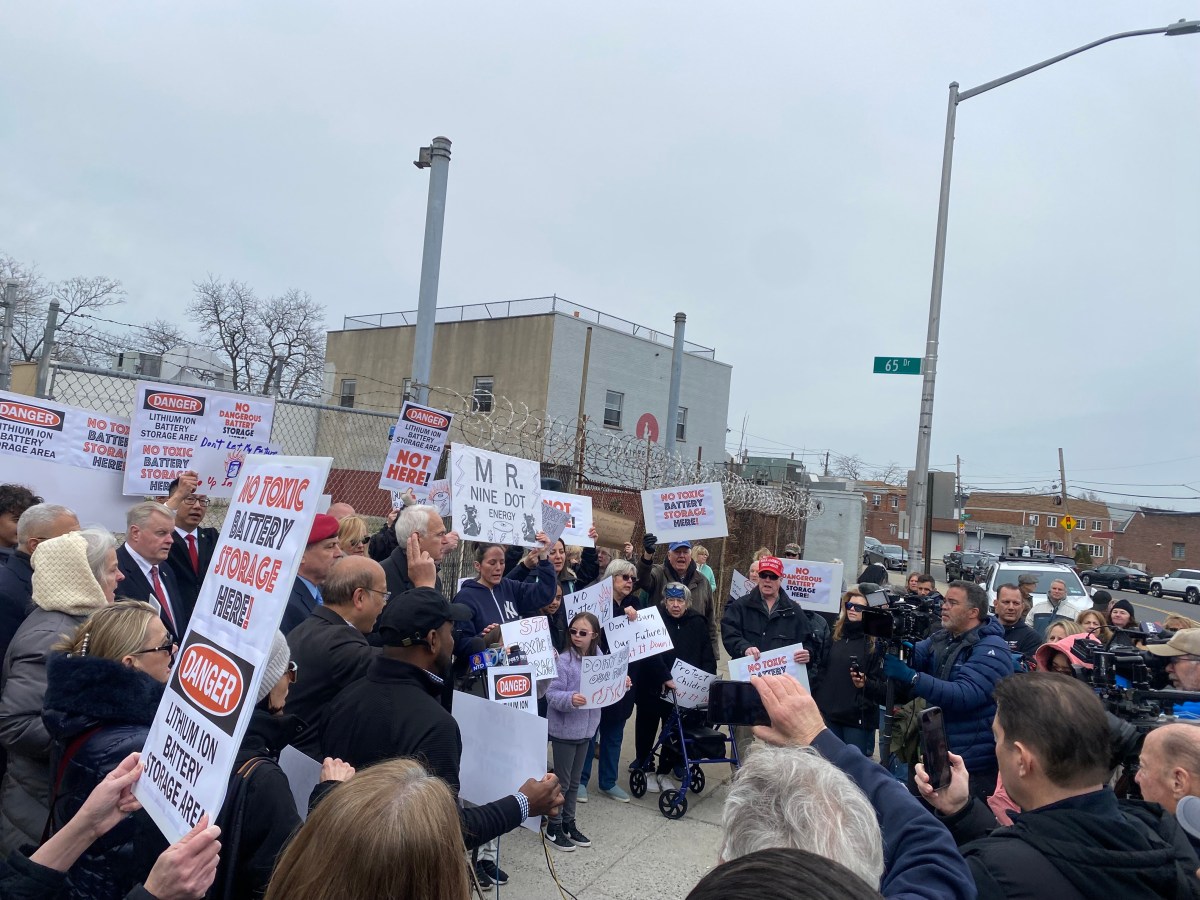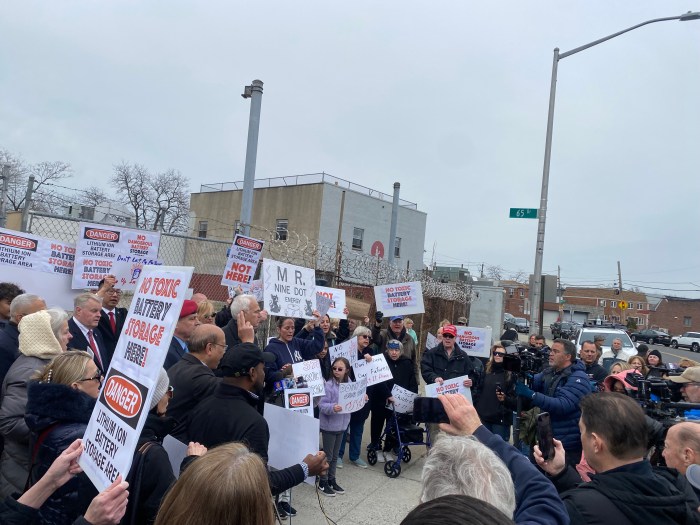SoulCycle and Flywheel have more in common than offering indoor cycling workouts. They both were co-founded by Ruth Zukerman.
In her new memoir, “Riding High” (out Tuesday on St. Martin’s Press), Zukerman delves into her start as a dancer from Long Island to becoming a fitness instructor in the mid-1980s to co-founding two boutique fitness chains: SoulCycle in 2006 and Flywheel in 2010.
“When I got up on the instructor bike, whether at SoulCycle or Flywheel, I was very quickly known and described as somebody who was very authentic because I was never afraid to speak the truth and speak my truth,” says Zukerman, 60, who continues to teach five to seven Flywheel classes a week in the city and on Long Island. “I was able to use this opportunity of having the book to spread that truth to a much wider audience.”
amNewYork spoke with Zukerman about her book.
How did you land on the format of it being a memoir but also a business book?
I couldn’t think of a more authentic way to tell my story than to start from the beginning, and tell the story of my life thus far and do it in a very raw and honest way. And then gleam the lessons I’ve learned in life and how I’ve applied them to business. It also seems completely appropriate since I never had a formal business education. I learned my lessons through my life and through the challenges and the successes and saw how I could apply them to the two businesses that I launched.
You started instructing in the 1980s. What have been some of the biggest things you’ve seen in the fitness scene since then?
The trends started to change and people wanted a more exclusive, hands-on experience in their fitness classes. So one of the biggest focuses for me when I started SoulCycle was to really give the rider that personal attention that they couldn’t get at the big gyms. Boutique fitness studios of all different types of genres started popping up all over the place. When we started Flywheel in 2010 we opened in the Flatiron area, there was nothing else there. Now it’s literally the fitness hub of the entire city. At this point I feel we’re so saturated with boutique fitness. It will be interesting to see what happens next.
How often do you have that conversation at Flywheel – what else can we be doing?
To stay on top of our game, it’s a very frequent conversation because there’s so much competition now. The landscape has changed so much. We feel confident that there are a lot of opportunities for us to expand in terms of what we offer and really give the best possible workouts no matter what the genre is.
You mention adding weights to the bike workout, which was questionable at the time but now standard. Are there other things you’ve helped create that you’ve seen become the norm now?
I think one of the biggest ones was when we started at Flywheel was to come up with the idea of creating a studio that had stadium-style seating. Back in the day, all the bikes were on the same level – you had your quote-unquote good bikes and quote-unquote bad bikes. By creating the stadium setup, every bike was a good bike. You could see the instructor from any bike you chose. From a safety point of view, it was just as important for the instructor in Flywheel to see every rider and their form. It really was a game changer for us. I’ve seen it replicated in so many spin businesses. We also rode in a dark room – that became the norm as well. The riders could be in their own space and feel the group energy at the same time.
You talk about your age in the book and founding Flywheel in your 50s. Do you think people find that inspiring?
I do. One of the most inspiring parts of my story, and one in which I love to share with other people, is that you go through your life and a lot of times, you don’t necessarily take the path you expect to take. As a result, I learned from my experience that we’re constantly reinventing ourselves, and we continue to as we get older.
The book doesn’t go into depth of what happened with the end of your relationship with SoulCycle. Are you not able to talk about it?
I’m unable to talk about the specifics of what happened. That’s why I kept it at the dissolution of the partnership. I wish I could but I can’t.
In the book you also mention John Foley of Peloton and having an amicable relationship, but now Peloton is suing Flywheel. Are you able to speak to that?
I can’t comment specifically on why the lawsuit exists. The only thing I can say is pretty clearly spelled out in the book – that I do actually have a relationship with John. I’ve known him for many years. He did approach us initially [about partnering on an at-home bike], it was our decision at the time that the timing wasn’t right for us and he started Peloton. There were no hard feelings back then.
Do you go to other studios to see what the competition looks like?
I do once and a while. The truth is, I believe in our method, I feel it’s so sound and effective and safe. I have to say, when I do expose myself to other studios and other businesses, sometimes it’s a little scary because I see a lot out there that’s not safe. It’s always something I prided myself on at Flywheel – we really prioritize taking care of our riders and those who take barre. You want them to come back and having a great experience and not getting injured.
The bike offers a low-impact workout. Given how much you ride, have you ever had any issues?
I’m knocking on wood right now. I haven’t. Because it is low-impact – it’s so safe, and you’re not going to fall off a stationary bike. I really feel that’s why it’s been so popular over the years – everyone can do it.



































